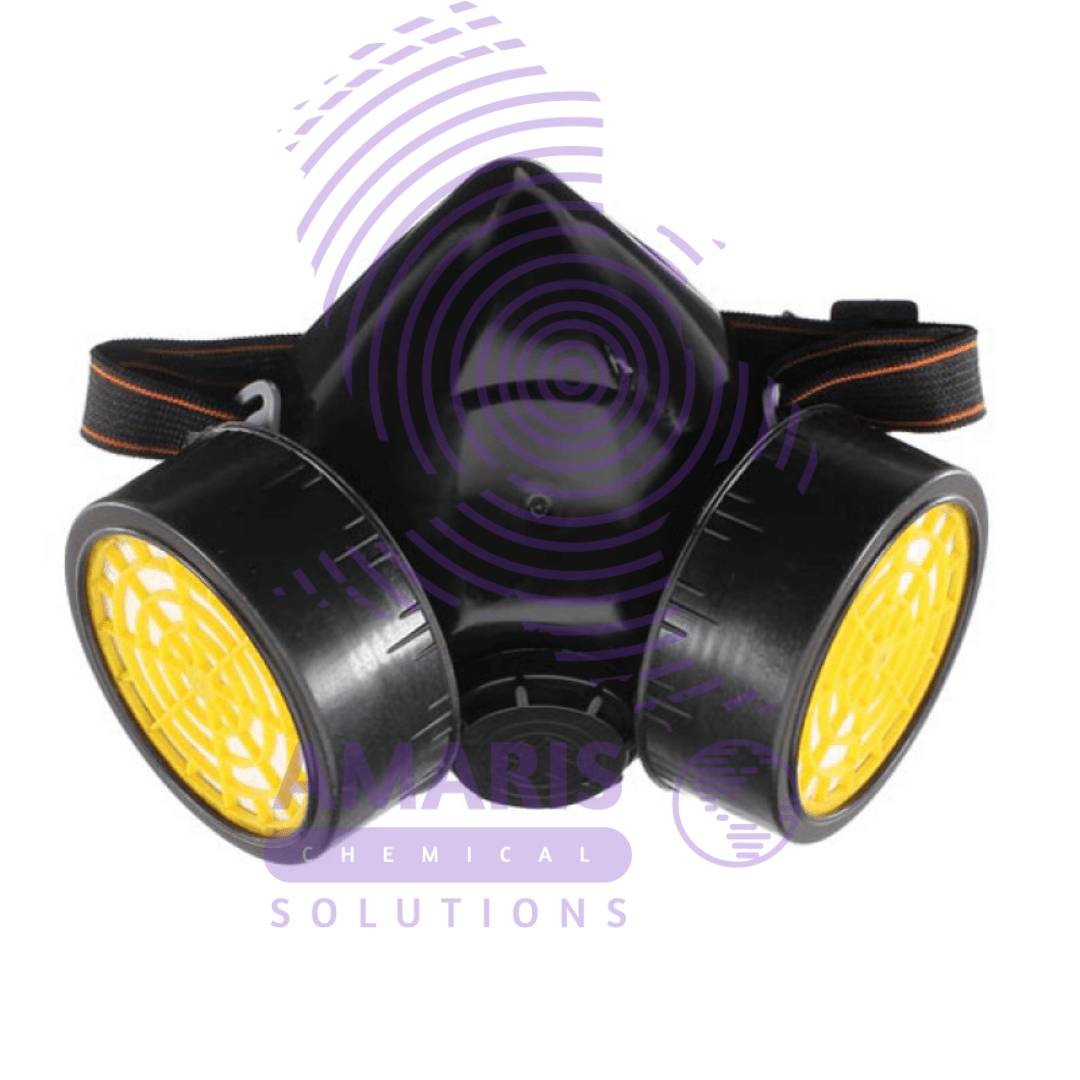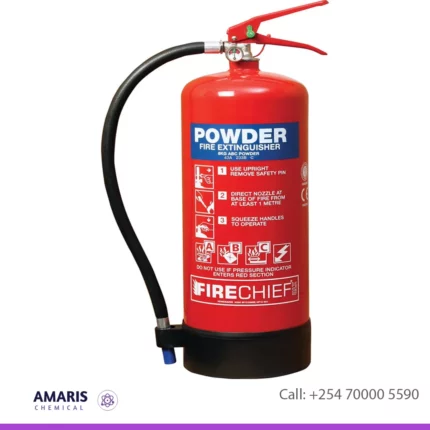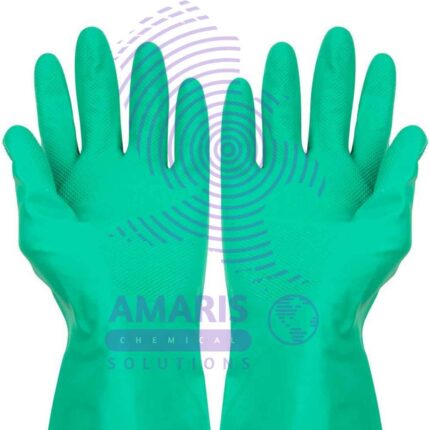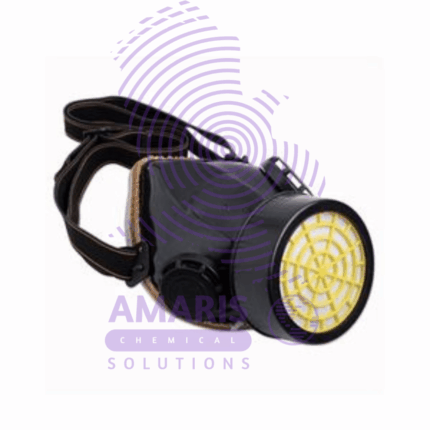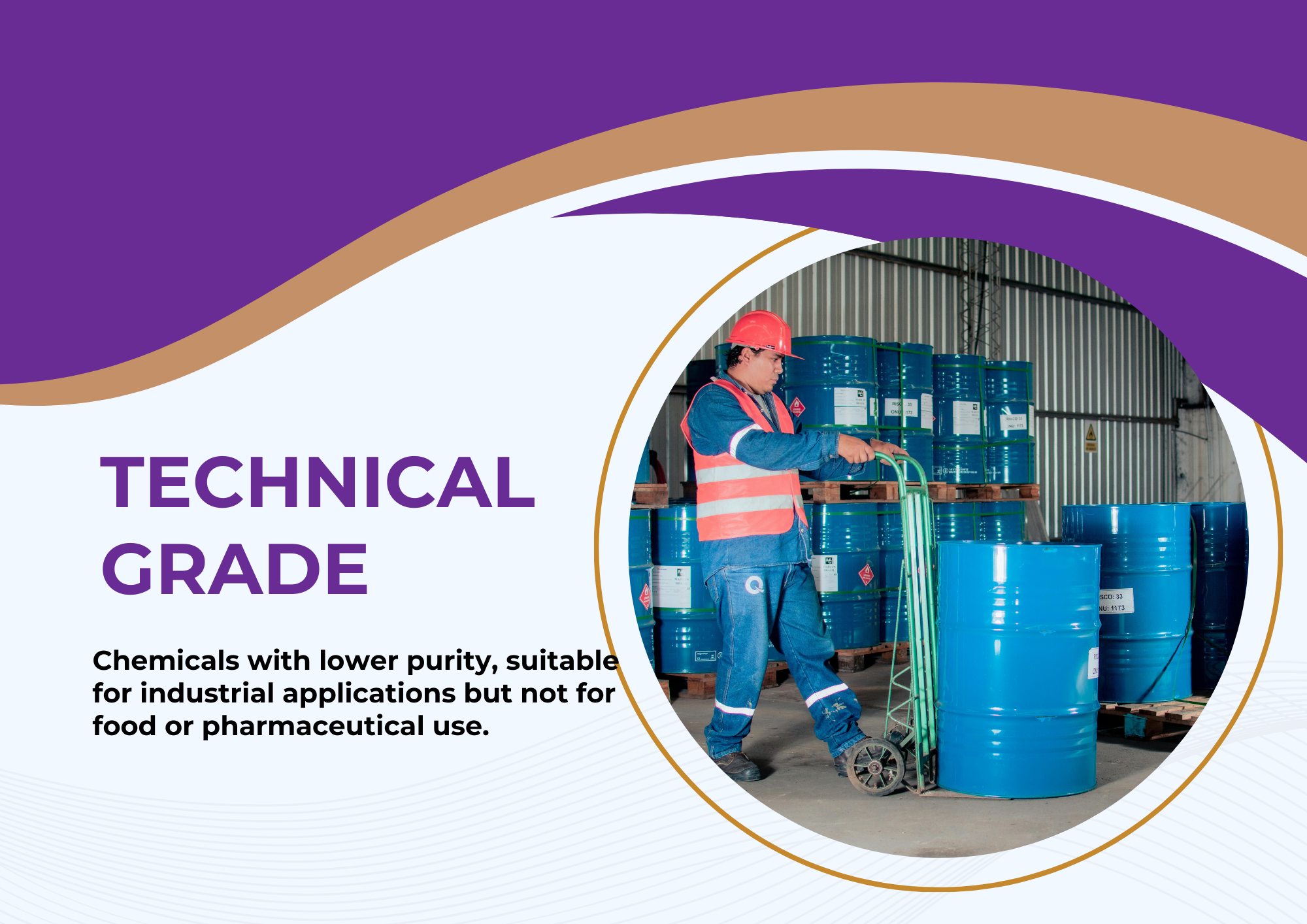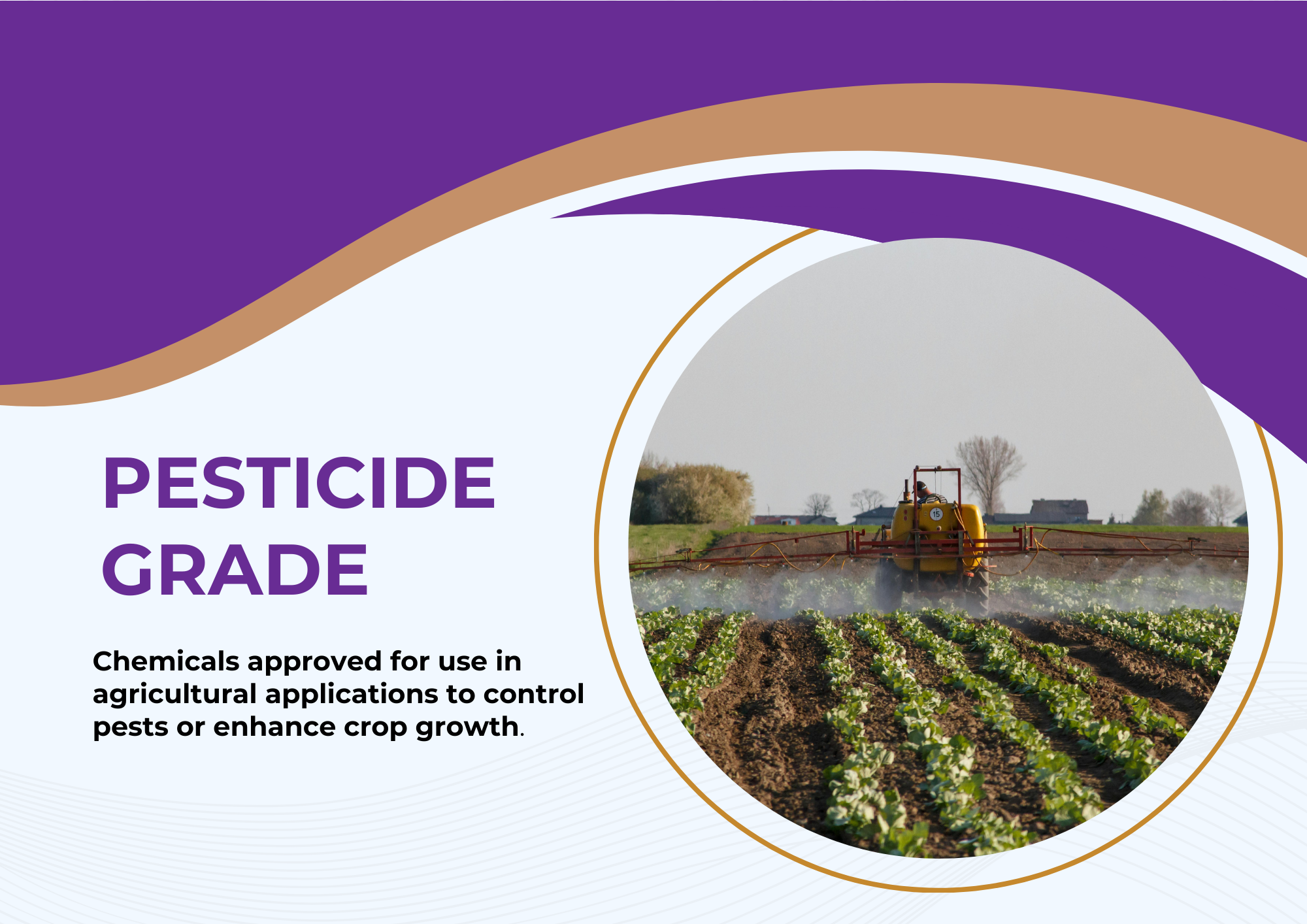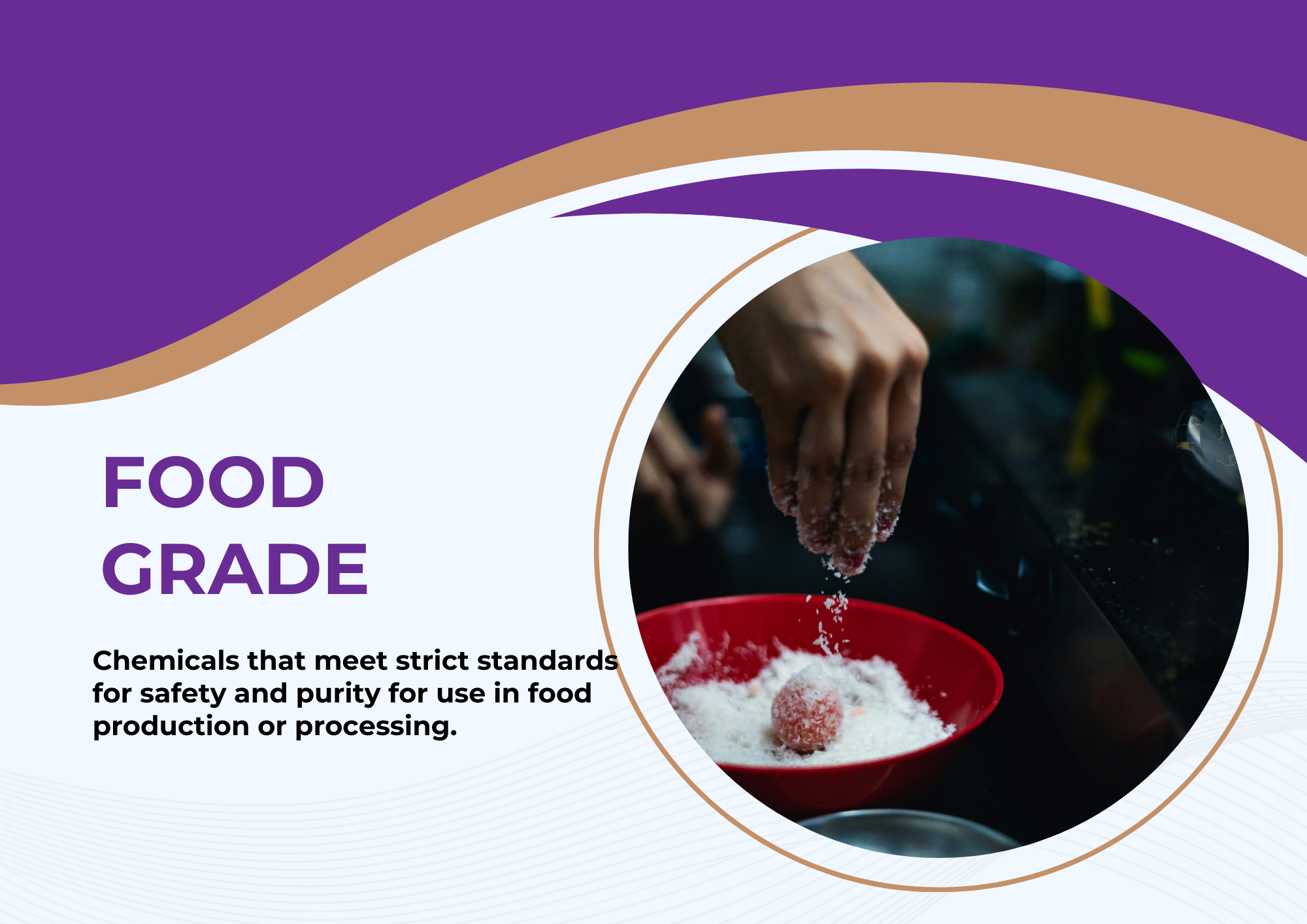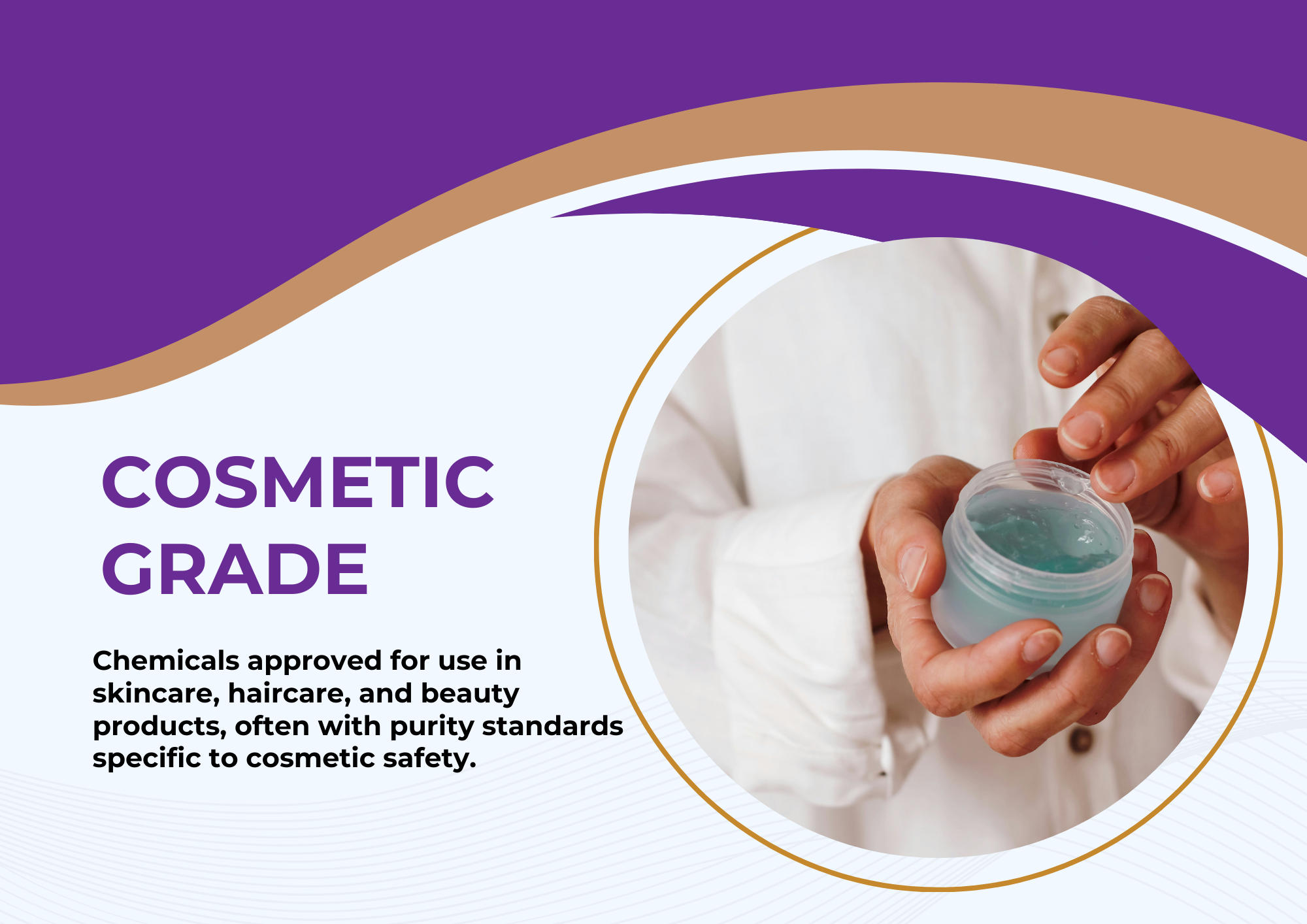Double Gas Mask
$4,900.00 Original price was: $4,900.00.$4,500.00Current price is: $4,500.00.
A double gas mask, also known as a dual cartridge respirator, is commonly used in laboratories and industrial settings where there’s a risk of exposure to hazardous gases, vapors, or particulates.
Here’s how it works:
- Dual Cartridges: The mask has two cartridges, one on each side of the mask, which contain filters to purify the air. These cartridges are usually filled with activated charcoal or other filtering materials designed to absorb or neutralize specific chemicals or particulates.
- Seal: A proper seal between the mask and the wearer’s face is crucial to ensure that no contaminated air can leak in. This seal is typically achieved through adjustable straps that secure the mask snugly against the face.
- Exhalation Valve: Most masks have an exhalation valve to allow the wearer to exhale easily without causing a buildup of moisture or CO2 inside the mask.
- Visibility: The mask is designed to provide adequate visibility while still offering protection. Some models have anti-fog features to prevent the visor from fogging up during use.
- Compatibility: Depending on the specific hazards in the environment, different types of cartridges can be used with the mask. These cartridges are often color-coded for easy identification.
- Fit Testing: It’s essential for users to undergo fit testing to ensure that the mask provides an effective seal. Fit testing involves performing various exercises to check for any leaks around the mask’s edges.
Uses of Double gas mask
Chemical Handling:
Laboratories often deal with a wide range of chemicals, some of which can be hazardous if inhaled. Double gas masks protect users from inhaling fumes, vapors, or aerosols emitted by chemicals during handling, mixing, or transferring.
Fume Hoods:
While fume hoods are commonly used in labs to contain and exhaust chemical fumes, additional protection may be necessary when working with particularly hazardous or volatile substances. Double gas masks provide an extra layer of protection for researchers working in conjunction with fume hoods.
Biohazard Containment:
In laboratories handling biological materials such as pathogens or viruses, there’s a risk of exposure to airborne contaminants. Double gas masks equipped with appropriate filters can safeguard against inhaling biological agents or their byproducts.
Radioactive Materials:
Laboratories dealing with radioactive materials need respiratory protection to prevent inhalation of radioactive dust or particles. Double gas masks with specialized filters designed to capture radioactive particles are essential for personnel working with such materials.
Solvent Handling:
Many laboratory procedures involve the use of organic solvents, which can release harmful vapors. Double gas masks with activated charcoal cartridges effectively adsorb solvent vapors, protecting users from their inhalation.
Aerosol Research:
Laboratories conducting aerosol research or experiments may generate airborne particles or droplets that pose respiratory hazards. Double gas masks with particulate filters are necessary to prevent inhalation of these aerosols.
Emergency Situations:
In the event of a laboratory accident such as a chemical spill or release of toxic gases, double gas masks provide immediate respiratory protection for personnel involved in cleanup or containment efforts.
Sensitive Work Environments:
Some laboratories work with sensitive equipment or materials where even trace amounts of contaminants can compromise experiments or results. Double gas masks help maintain a clean working environment by filtering out airborne contaminants.
Related products
Acid Proof Gloves
Single Gas Mask
- Facepiece: The main part of the mask that covers the nose, mouth, and sometimes the eyes. It's usually made of rubber or silicone for flexibility and a proper seal.
- Filter Cartridges: These cartridges are attached to the mask and contain various filter materials to purify the air. They can be specific to certain types of contaminants or provide broader protection.
- Straps: Adjustable straps secure the mask to the wearer's face, ensuring a snug fit.
- Exhalation Valve: This valve allows the wearer to exhale air without letting outside air in, maintaining a closed system for breathing.
- Visibility: Some masks feature transparent facepieces or additional eyepieces to ensure proper vision while wearing the mask.
- Comfort Features: Some masks include features like padding or adjustable nose bridges for added comfort during extended wear

